KCCA REPORTS PROGRESS IN CLIMATE ACTION
PUBLISHED — 7th, June 2024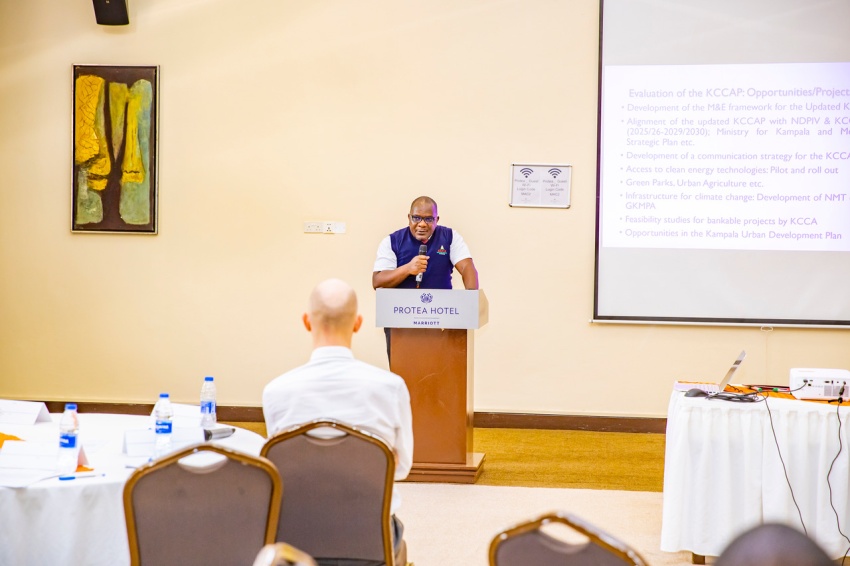
The Kampala Capital City Authority (KCCA) is making significant strides towards creating a sustainable and environmentally friendly urban environment, according to a recent update from Deputy Executive Director Eng. David Luyimbazi.
The update highlighted key initiatives and accomplishments under the Kampala Climate Change Action Plan, focusing on clean cooking, air quality management, and renewable energy.
During the progress update, on the Kampala Climate Change Action Plan on Friday, Luyimbazi commended the invaluable support from various partners, underscoring the city’s commitment to becoming greener and more sustainable.
"We are aiming for a green and sustainable city," he stated, emphasizing the collective efforts in this endeavor.
One of the notable achievements is the implementation of clean cooking programs in schools, aimed at reducing reliance on charcoal and improving air quality.
Additionally, the development of a comprehensive air quality strategy has marked a significant milestone in KCCA's efforts to combat climate change.
Guided by the Kampala Climate Change Action Plan, originally developed in 2016, the city aims to achieve significant environmental targets by 2030.
Key targets in this plan, include a 22 percent reduction in city emissions by 2030, positioning Kampala as a low carbon emissions city.
Further targets include generating 10 percent of the city's energy demand from within the city and ensuring that 20 percent of cooking energy comes from renewable alternatives other than charcoal.
Highlighting ongoing renewable energy efforts, Luyimbazi noted that converting city lighting to solar is a continuous activity, reflecting KCCA’s commitment to sustainable energy solutions.
However, challenges remain, particularly with the widespread use of charcoal.
"Ninety-two percent of city dwellers use charcoal, which is very bad for the climate," Luyimbazi noted, calling for increased efforts to promote alternative energy sources.
The Director of French Development Agency (AFD) Uganda, Marc Trouyet, commended KCCA for the progress made in ensuring the plan is well implemented.
The mid-term review emphasized the integration of biodiversity issues into the action plan, recognizing the importance of preserving and enhancing urban biodiversity as part of the city's climate resilience strategy.
The event saw attendance from key stakeholders, including representatives from the Ministry of Energy and Mineral Development, Ministry of Water and Environment, Ministry of Works and Transport, Ministry of Lands and Housing, and the National Environment Management Authority (NEMA). This highlights the collaborative approach taken to address climate change.
News & Announcements
15th, December 2025
11th, December 2025
10th, December 2025
6th, December 2025
5th, December 2025
4th, December 2025
3rd, December 2025
2nd, December 2025
29th, November 2025
28th, November 2025



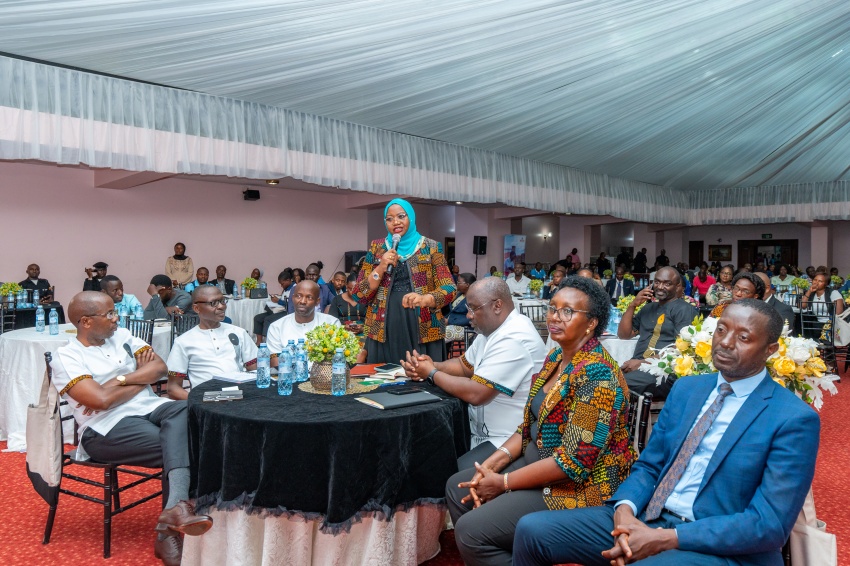


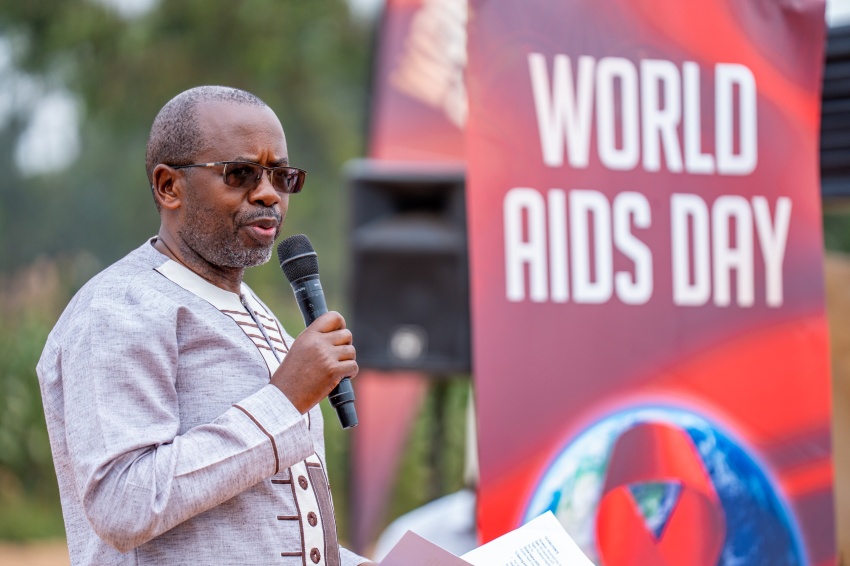
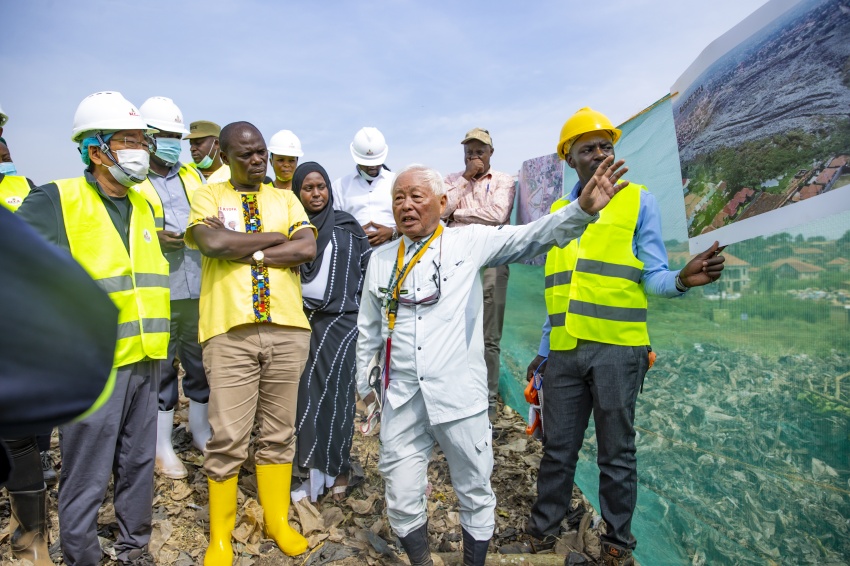

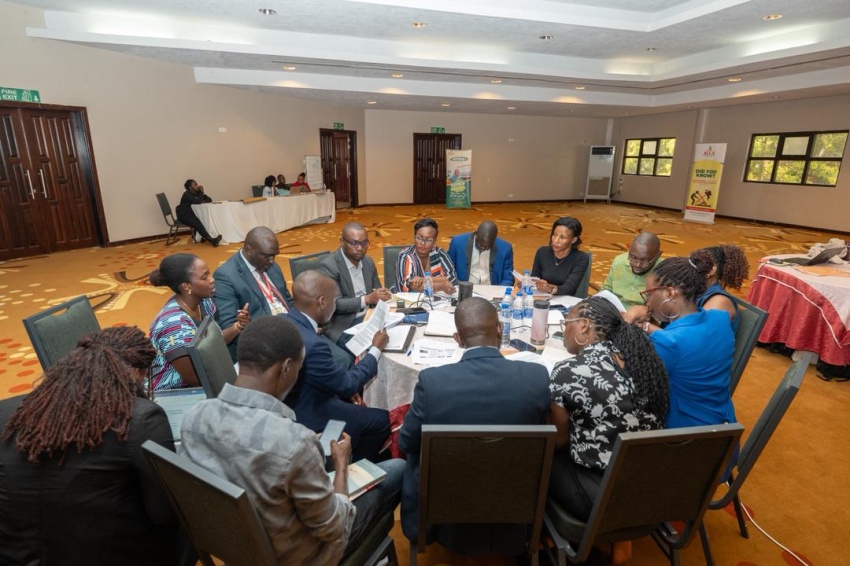

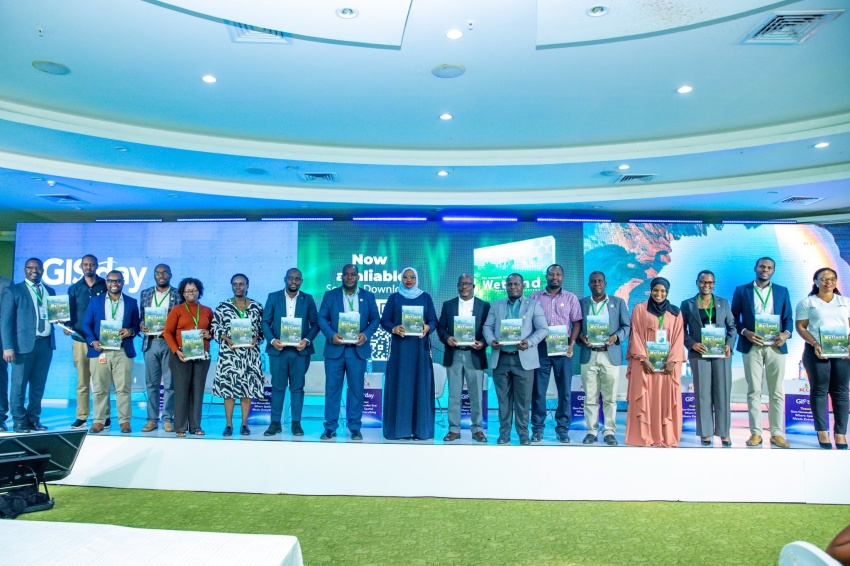









Development partners